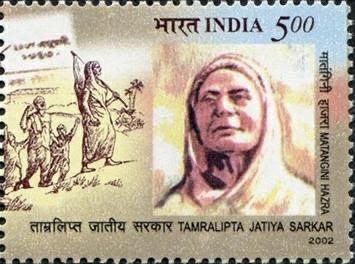The International Day Against Breast Cancer, observed every year on 19 October , is dedicated to raising awareness about breast cancer, a disease that affects millions of women and men worldwide. The day serves as a global platform to promote the importance of early detection, screening, and treatment, which can significantly improve survival rates. Educational campaigns are organized to inform the public about the risks, symptoms, and preventative measures, encouraging individuals to perform regular self-examinations and seek professional medical advice when necessary.
On this day, healthcare organizations, charities, and advocacy groups come together to emphasize the importance of mammograms, which can detect breast cancer early, often before symptoms appear. Many countries also offer free or subsidized screening programs to make these services accessible to all. The pink ribbon, the universal symbol of breast cancer awareness, is widely used in events, and people are encouraged to wear pink to show solidarity with those affected by the disease.
Additionally, the day honors breast cancer survivors, offering support to those currently battling the illness and commemorating those who have lost their lives. Through research, fundraising events, and community outreach programs, the International Day Against Breast Cancer aims to reduce the stigma associated with the disease and advance efforts toward better treatment options and, ultimately, a cure.


